For 133 years, the AFRO-American Newspapers—100% Black-owned, family-owned, and unapologetically committed to truth—has endured through wars, recessions, protests, pandemics, and seismic industry shifts.
Founded in 1892 by John H. Murphy Sr., a formerly enslaved man who invested $200 from his wife Martha Howard Murphy, the AFRO was born from a belief that Black people needed their own voice. It was not just a business—it was resistance in the face of systemic exclusion.
A Legacy Built in Crisis
The AFRO’s story mirrors that of other historic Black-owned institutions—The Philadelphia Tribune (est. 1884), The Savannah Tribune (est. 1875), Bynes-Royall Funeral Home (est. 1878), and E.E. Ward Moving & Storage (est. 1881)—all founded in eras of crisis and sustained through resilience.
Today, the challenges have shifted but remain formidable: attacks on diversity, equity, and inclusion (DEI); efforts to erase Black history; and a media ecosystem overrun with disinformation. Earlier this year, a federal executive order dismantled DEI programs, cut funding to public media, and sent a chilling message to truth-telling outlets, especially the Black Press.
Innovation Without Compromise
Despite these headwinds, the AFRO has not only survived—it has led. Under the leadership of Publisher and CEO Frances Murphy Draper, the paper has embraced a digital-first strategy, reaching nearly 675,000 social media followers and delivering news through its Digital Billboard Network on 30+ community screens in Baltimore.
While still publishing a weekly print edition, most readers now engage online or via mobile. The newsroom’s mission remains the same: truth without apology, Black history without erasure, and community news that uplifts.
The AFRO also invests in preservation. Its nonprofit partner, Afro Charities, led by fifth-generation family member Savannah Wood, is digitizing the newspaper’s archives. This historic collection will be housed in Baltimore’s Upton Mansion, with the AFRO as an anchor tenant when the new facility opens in 2026.
A Call to Support Black-Owned Institutions
Publisher Draper emphasizes that survival depends on intentional, ongoing community support:
-
Subscribe to the Black Press—and encourage others to do so.
-
Buy from Black entrepreneurs.
-
Amplify businesses doing good work.
-
Follow and share their stories on social media.
-
Advertise, sponsor, or invest in trusted Black institutions.
As Draper notes, “These businesses—ours included—aren’t museums. They are living institutions that employ people, serve families, shape culture, and carry the stories others try to bury.”
Looking Ahead
The AFRO celebrates its milestone with both gratitude and urgency, honoring fellow centennial businesses and encouraging new Black entrepreneurs to build boldly. The paper remains guided by founder Murphy’s enduring belief:
“A newspaper succeeds because it believes in God, in itself, and in the present generation.”
After 133 years, the mission continues, the truth still speaks—and the AFRO is not done yet.

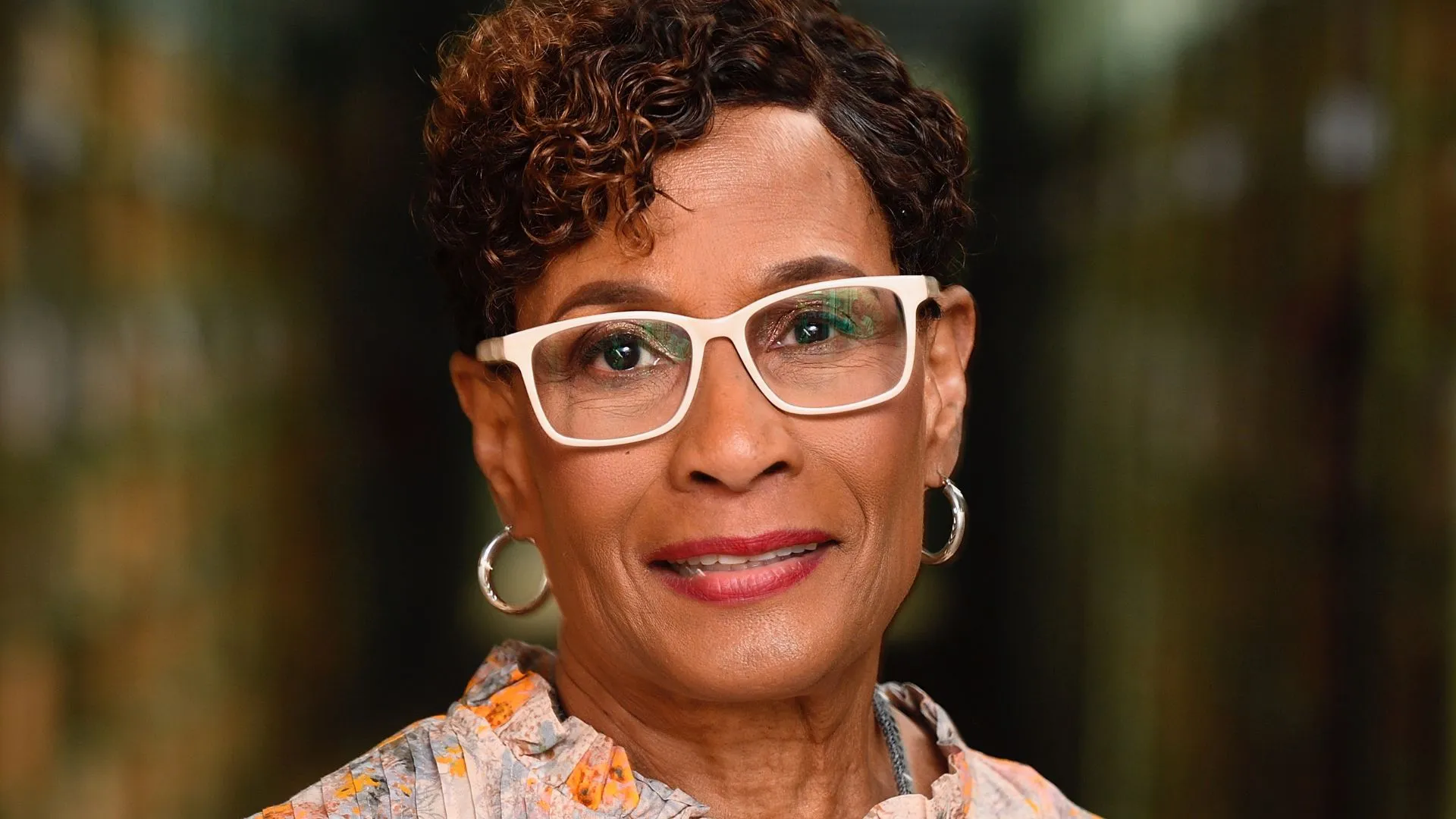

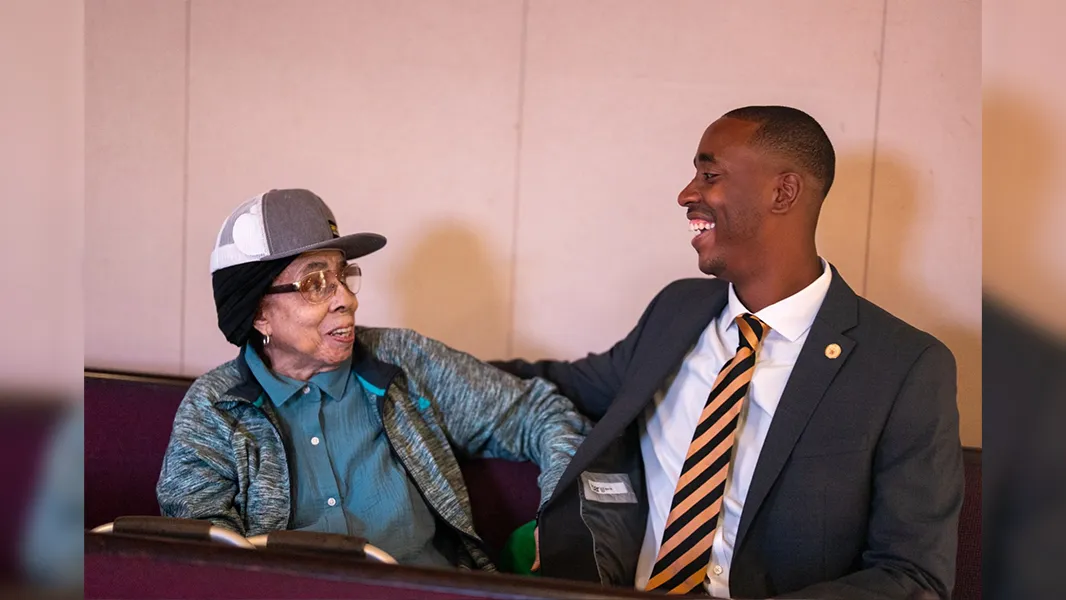

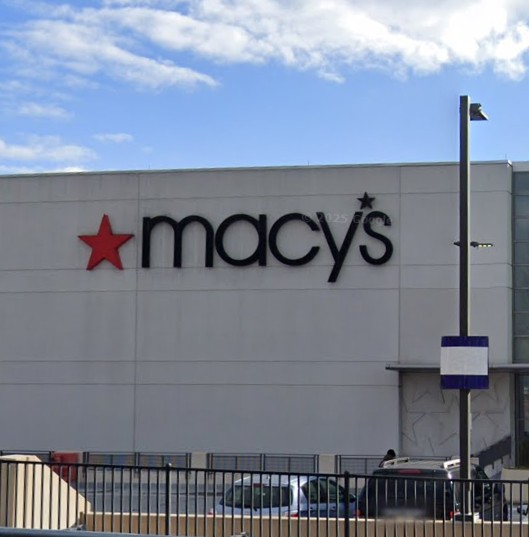




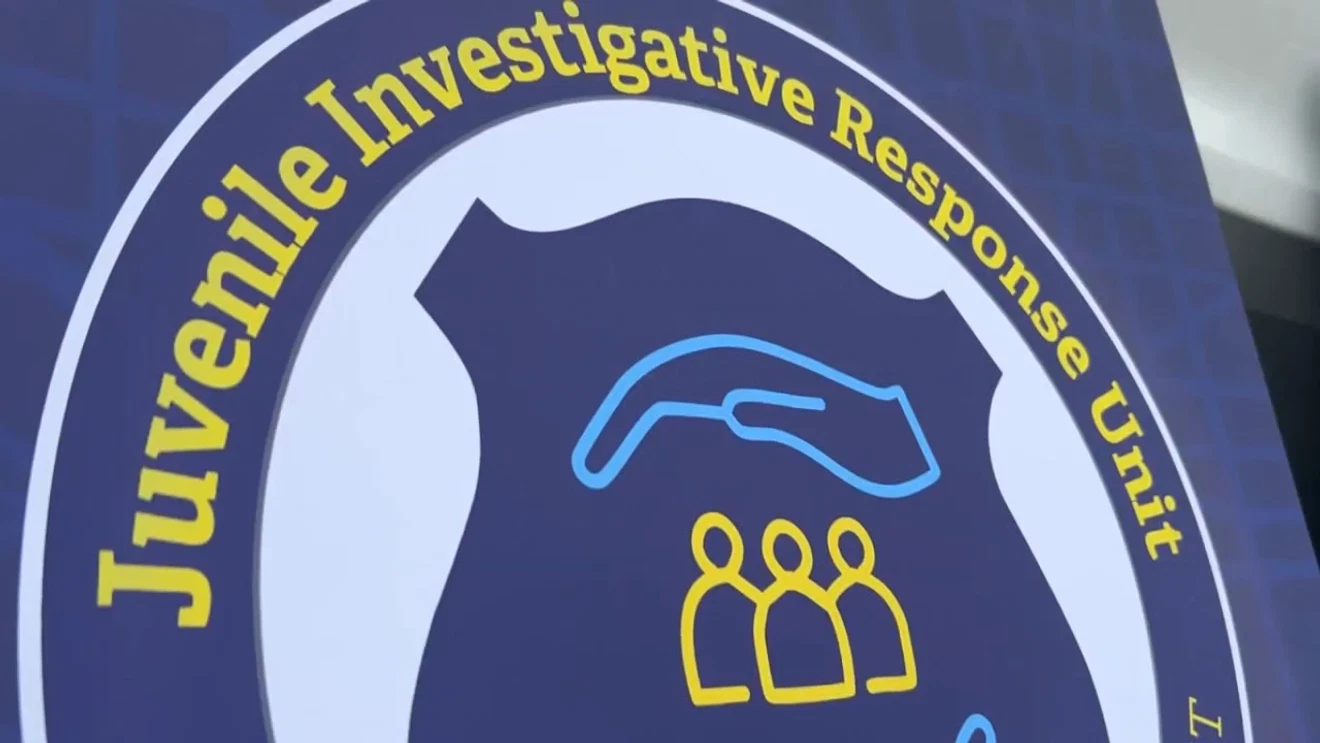
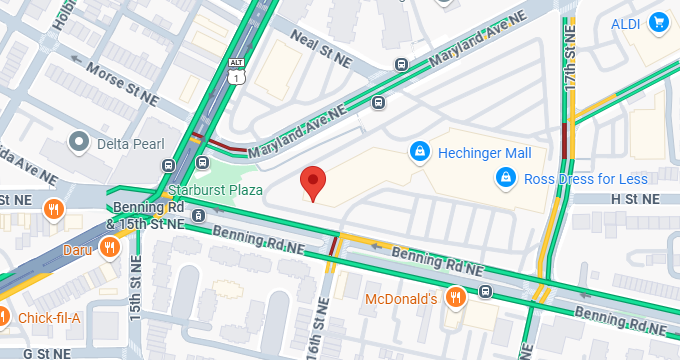





Leave a Reply